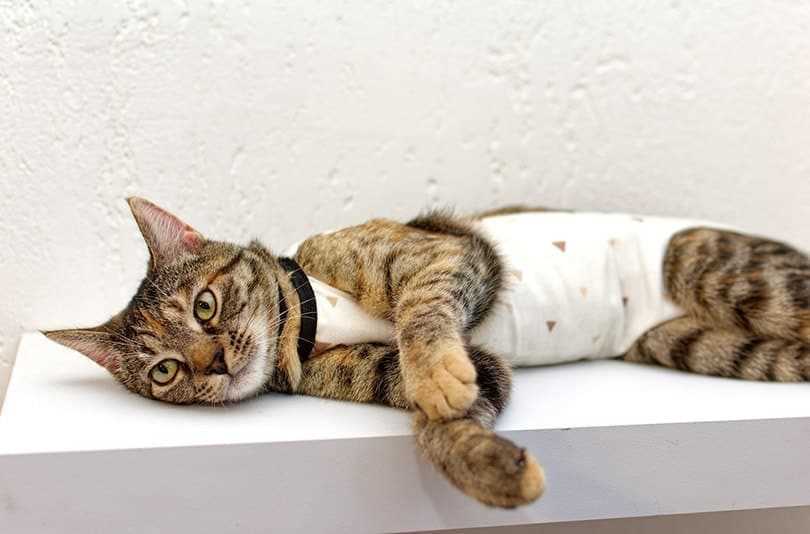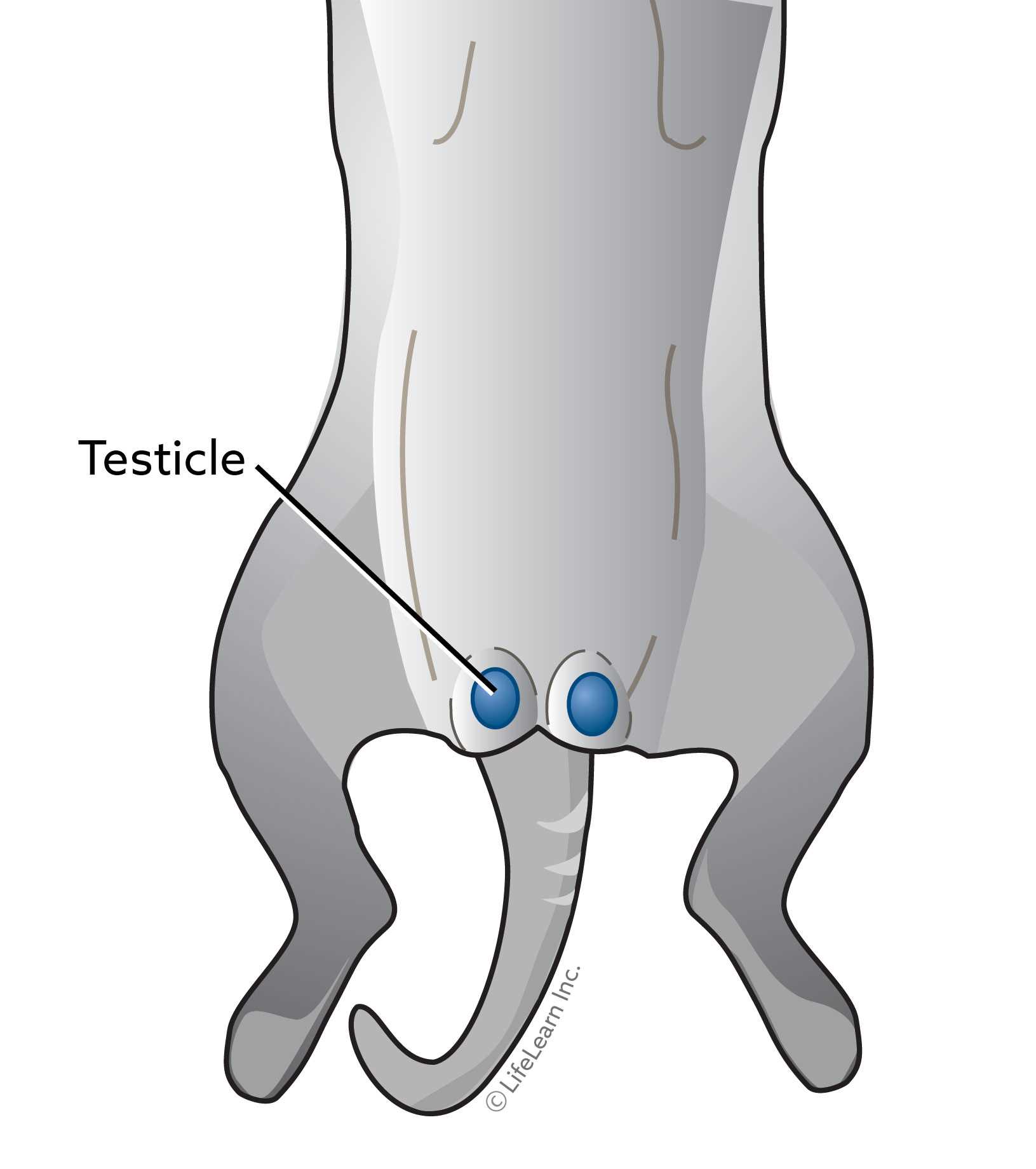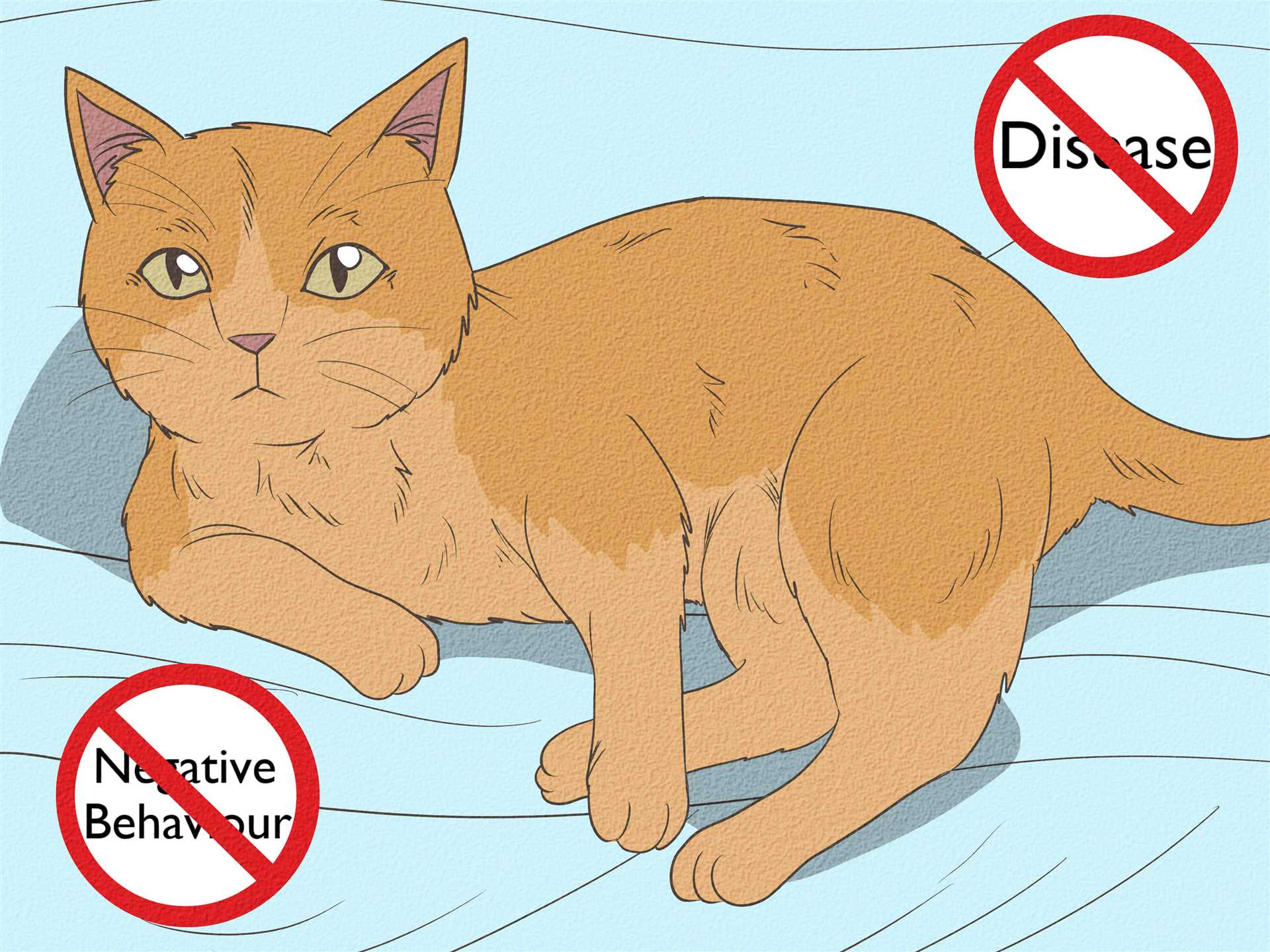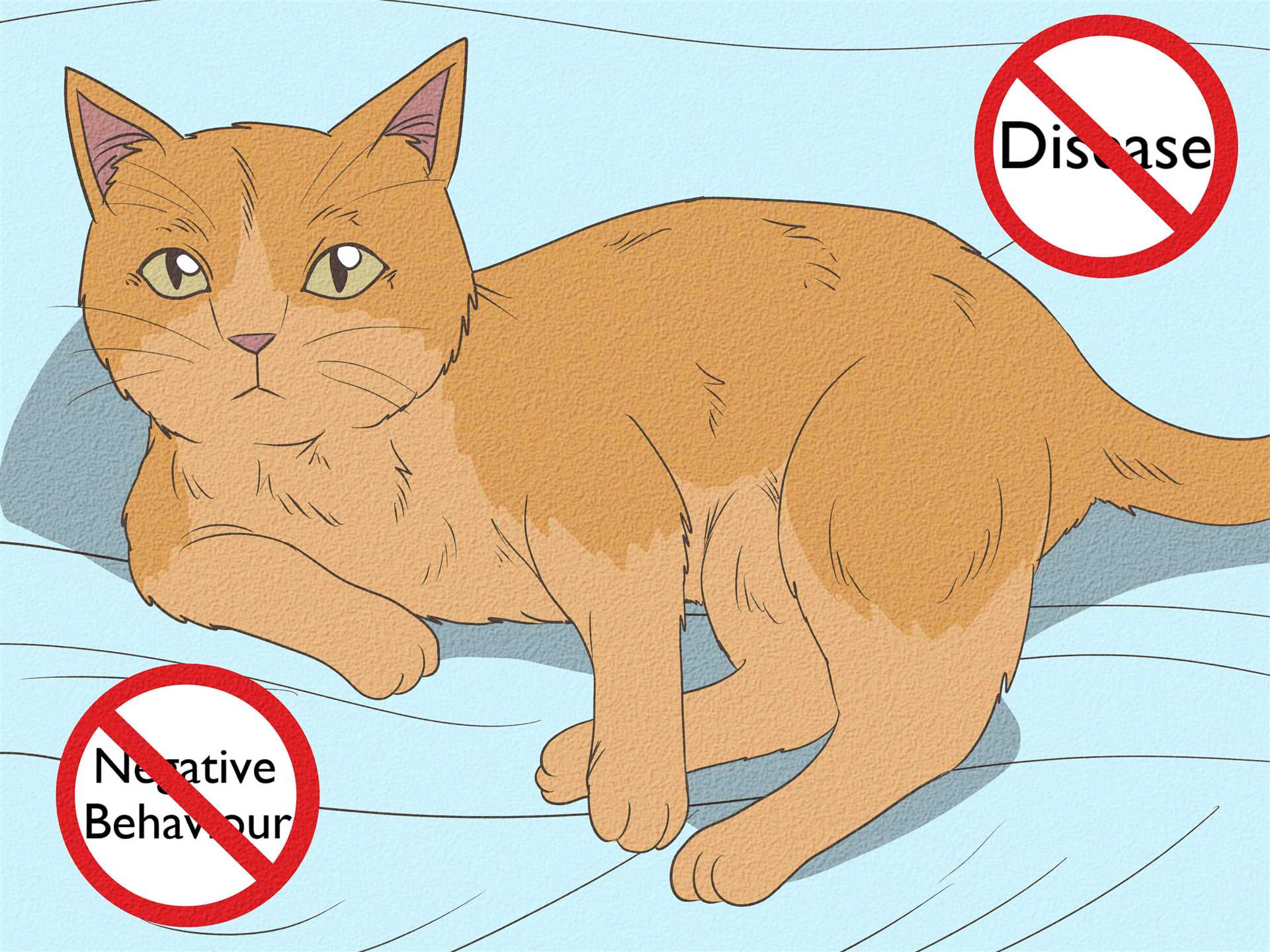From my experience, the best time to undergo this procedure is around 4 to 6 months of age. At this stage, both males and females are generally mature enough for the surgery, which helps prevent unwanted behaviors and health issues later on.
Waiting until after the first heat cycle for females can lead to complications. By ensuring the operation is performed before this period, the chances of developing certain diseases and conditions decrease significantly. Early intervention is often recommended by veterinarians for both sexes.
Keeping a close eye on the growth and development of your furry friend is essential. Regular check-ups with a veterinarian can provide guidance on the right timing for this important step in your pet’s life. The focus should always be on health and well-being, which can be greatly enhanced by this procedure.
Neutering Timing Insights

For optimal health, it’s advisable to proceed with surgical intervention between 4 to 6 months of age. This timeframe helps mitigate risks associated with unwanted behaviors and health concerns.
Here are some key points to consider:
- Early surgical procedures can prevent certain health issues, including specific cancers.
- Behavioral changes are often noted post-surgery, reducing territorial aggression and marking.
- Consulting with a veterinarian ensures a tailored approach based on individual health and development.
Monitoring growth is essential. For insights on the maturation process, refer to this resource: how long until cats are fully grown.
In summary, timely intervention is beneficial for both health and behavior. Always seek professional advice to make informed decisions.
Recommended Age for Neutering Kittens
The optimal time for spaying or castrating kittens is between 4 to 6 months. This period allows for proper development while minimizing the risk of unwanted behaviors associated with maturity.
Benefits of Early Surgery
Consultation with a Veterinarian

Health Benefits of Early Neutering

Neutering at a young age significantly reduces the risk of certain health issues. For instance, it helps prevent uterine infections and breast tumors in females, which can be life-threatening. Males also benefit as the procedure decreases the chance of testicular cancer and various prostate problems.
The procedure can lead to behavior improvements. It often minimizes territorial marking and aggression, making interactions with other felines more harmonious. Furthermore, early sterilization can contribute to weight management, as it often curbs the drive to roam and seek out mates, which can lead to injuries or accidents.
Additionally, sterilized pets tend to have longer lifespans. Studies indicate that spayed or neutered animals are less prone to certain diseases and injuries associated with mating behaviors. This proactive approach to health ensures a better quality of life.
Lastly, early intervention aligns with responsible pet ownership. It helps to control the population of unwanted animals, which can lead to fewer strays and a reduced burden on shelters. By taking this step, I contribute to the well-being of my fellow furry friends.
Common Myths About Neutering Age

Many believe that the optimal time for surgical sterilization is during a certain age range, often citing risks associated with early procedures. One common misconception is that if performed too soon, it can stunt growth or lead to behavioral issues. However, studies indicate that this is largely unsubstantiated. In fact, early intervention may prevent the onset of undesirable behaviors associated with mating.
Another myth revolves around the idea that only mature felines should undergo this process. It’s often claimed that delaying the procedure until later ensures a more stable temperament. Yet, ample evidence supports the notion that younger animals adapt just as well, if not better.
Additionally, there’s a misconception about the recovery process. Some believe that younger ones face more complications post-surgery. In reality, kittens typically recover faster and experience fewer complications than older counterparts. Their resilience and quicker healing rates contribute to a smoother transition.
In discussions regarding costs, many assume that earlier interventions are significantly more expensive. This isn’t always the case. In fact, the financial burden of caring for unaltered pets, including potential health issues and behavioral challenges, often outweighs the initial procedure costs. For instance, budgeting for services such as a how much to pay a cat sitter for a week can be more manageable when your furry friend is spayed or neutered.
Understanding these myths helps clarify the true benefits of early sterilization, ensuring a healthier, happier life for our feline companions. It’s essential to rely on veterinary advice and research rather than popular misconceptions.
FAQ:
What is the earliest age at which a cat can be neutered?
Cats can typically be neutered as early as eight weeks old. Many veterinarians and animal shelters recommend this age to help prevent unwanted litters and reduce certain behavioral issues. However, it’s essential to consult with a veterinarian to ensure your cat is healthy enough for the procedure.
Are there any benefits to neutering a cat at a young age?
Yes, neutering a cat at a young age has several benefits. It can help prevent overpopulation, as younger cats tend to be adopted more easily. Additionally, early neutering can reduce the risk of certain health issues, such as testicular cancer in males and uterine infections in females. Behavioral problems, such as marking territory or aggression, may also be less pronounced in neutered cats compared to those that are not neutered.
What risks are associated with neutering a kitten too early?
While neutering a kitten at a young age is generally safe, there can be some risks if the kitten is not healthy or if the procedure is performed without proper medical oversight. Kittens under eight weeks may not have fully developed immune systems, which could lead to complications. It’s crucial to have a veterinarian evaluate the kitten’s health and readiness for surgery. Additionally, ensuring that the procedure is done in a sterile environment with qualified personnel minimizes potential risks.
From my experience, the best time to undergo this procedure is around 4 to 6 months of age. At this stage, both males and females are generally mature enough for the surgery, which helps prevent unwanted behaviors and health issues later on.
Waiting until after the first heat cycle for females can lead to complications. By ensuring the operation is performed before this period, the chances of developing certain diseases and conditions decrease significantly. Early intervention is often recommended by veterinarians for both sexes.
Keeping a close eye on the growth and development of your furry friend is essential. Regular check-ups with a veterinarian can provide guidance on the right timing for this important step in your pet’s life. The focus should always be on health and well-being, which can be greatly enhanced by this procedure.
Neutering Timing Insights

For optimal health, it’s advisable to proceed with surgical intervention between 4 to 6 months of age. This timeframe helps mitigate risks associated with unwanted behaviors and health concerns.
Here are some key points to consider:
- Early surgical procedures can prevent certain health issues, including specific cancers.
- Behavioral changes are often noted post-surgery, reducing territorial aggression and marking.
- Consulting with a veterinarian ensures a tailored approach based on individual health and development.
Monitoring growth is essential. For insights on the maturation process, refer to this resource: how long until cats are fully grown.
In summary, timely intervention is beneficial for both health and behavior. Always seek professional advice to make informed decisions.
Recommended Age for Neutering Kittens
The optimal time for spaying or castrating kittens is between 4 to 6 months. This period allows for proper development while minimizing the risk of unwanted behaviors associated with maturity.
Benefits of Early Surgery
Consultation with a Veterinarian

Health Benefits of Early Neutering

Neutering at a young age significantly reduces the risk of certain health issues. For instance, it helps prevent uterine infections and breast tumors in females, which can be life-threatening. Males also benefit as the procedure decreases the chance of testicular cancer and various prostate problems.
The procedure can lead to behavior improvements. It often minimizes territorial marking and aggression, making interactions with other felines more harmonious. Furthermore, early sterilization can contribute to weight management, as it often curbs the drive to roam and seek out mates, which can lead to injuries or accidents.
Additionally, sterilized pets tend to have longer lifespans. Studies indicate that spayed or neutered animals are less prone to certain diseases and injuries associated with mating behaviors. This proactive approach to health ensures a better quality of life.
Lastly, early intervention aligns with responsible pet ownership. It helps to control the population of unwanted animals, which can lead to fewer strays and a reduced burden on shelters. By taking this step, I contribute to the well-being of my fellow furry friends.
Common Myths About Neutering Age

Many believe that the optimal time for surgical sterilization is during a certain age range, often citing risks associated with early procedures. One common misconception is that if performed too soon, it can stunt growth or lead to behavioral issues. However, studies indicate that this is largely unsubstantiated. In fact, early intervention may prevent the onset of undesirable behaviors associated with mating.
Another myth revolves around the idea that only mature felines should undergo this process. It’s often claimed that delaying the procedure until later ensures a more stable temperament. Yet, ample evidence supports the notion that younger animals adapt just as well, if not better.
Additionally, there’s a misconception about the recovery process. Some believe that younger ones face more complications post-surgery. In reality, kittens typically recover faster and experience fewer complications than older counterparts. Their resilience and quicker healing rates contribute to a smoother transition.
In discussions regarding costs, many assume that earlier interventions are significantly more expensive. This isn’t always the case. In fact, the financial burden of caring for unaltered pets, including potential health issues and behavioral challenges, often outweighs the initial procedure costs. For instance, budgeting for services such as a how much to pay a cat sitter for a week can be more manageable when your furry friend is spayed or neutered.
Understanding these myths helps clarify the true benefits of early sterilization, ensuring a healthier, happier life for our feline companions. It’s essential to rely on veterinary advice and research rather than popular misconceptions.
FAQ:
What is the earliest age at which a cat can be neutered?
Cats can typically be neutered as early as eight weeks old. Many veterinarians and animal shelters recommend this age to help prevent unwanted litters and reduce certain behavioral issues. However, it’s essential to consult with a veterinarian to ensure your cat is healthy enough for the procedure.
Are there any benefits to neutering a cat at a young age?
Yes, neutering a cat at a young age has several benefits. It can help prevent overpopulation, as younger cats tend to be adopted more easily. Additionally, early neutering can reduce the risk of certain health issues, such as testicular cancer in males and uterine infections in females. Behavioral problems, such as marking territory or aggression, may also be less pronounced in neutered cats compared to those that are not neutered.
What risks are associated with neutering a kitten too early?
While neutering a kitten at a young age is generally safe, there can be some risks if the kitten is not healthy or if the procedure is performed without proper medical oversight. Kittens under eight weeks may not have fully developed immune systems, which could lead to complications. It’s crucial to have a veterinarian evaluate the kitten’s health and readiness for surgery. Additionally, ensuring that the procedure is done in a sterile environment with qualified personnel minimizes potential risks.
From my experience, the best time to undergo this procedure is around 4 to 6 months of age. At this stage, both males and females are generally mature enough for the surgery, which helps prevent unwanted behaviors and health issues later on.
Waiting until after the first heat cycle for females can lead to complications. By ensuring the operation is performed before this period, the chances of developing certain diseases and conditions decrease significantly. Early intervention is often recommended by veterinarians for both sexes.
Keeping a close eye on the growth and development of your furry friend is essential. Regular check-ups with a veterinarian can provide guidance on the right timing for this important step in your pet’s life. The focus should always be on health and well-being, which can be greatly enhanced by this procedure.
Neutering Timing Insights

For optimal health, it’s advisable to proceed with surgical intervention between 4 to 6 months of age. This timeframe helps mitigate risks associated with unwanted behaviors and health concerns.
Here are some key points to consider:
- Early surgical procedures can prevent certain health issues, including specific cancers.
- Behavioral changes are often noted post-surgery, reducing territorial aggression and marking.
- Consulting with a veterinarian ensures a tailored approach based on individual health and development.
Monitoring growth is essential. For insights on the maturation process, refer to this resource: how long until cats are fully grown.
In summary, timely intervention is beneficial for both health and behavior. Always seek professional advice to make informed decisions.
Recommended Age for Neutering Kittens
The optimal time for spaying or castrating kittens is between 4 to 6 months. This period allows for proper development while minimizing the risk of unwanted behaviors associated with maturity.
Benefits of Early Surgery
Consultation with a Veterinarian

Health Benefits of Early Neutering

Neutering at a young age significantly reduces the risk of certain health issues. For instance, it helps prevent uterine infections and breast tumors in females, which can be life-threatening. Males also benefit as the procedure decreases the chance of testicular cancer and various prostate problems.
The procedure can lead to behavior improvements. It often minimizes territorial marking and aggression, making interactions with other felines more harmonious. Furthermore, early sterilization can contribute to weight management, as it often curbs the drive to roam and seek out mates, which can lead to injuries or accidents.
Additionally, sterilized pets tend to have longer lifespans. Studies indicate that spayed or neutered animals are less prone to certain diseases and injuries associated with mating behaviors. This proactive approach to health ensures a better quality of life.
Lastly, early intervention aligns with responsible pet ownership. It helps to control the population of unwanted animals, which can lead to fewer strays and a reduced burden on shelters. By taking this step, I contribute to the well-being of my fellow furry friends.
Common Myths About Neutering Age

Many believe that the optimal time for surgical sterilization is during a certain age range, often citing risks associated with early procedures. One common misconception is that if performed too soon, it can stunt growth or lead to behavioral issues. However, studies indicate that this is largely unsubstantiated. In fact, early intervention may prevent the onset of undesirable behaviors associated with mating.
Another myth revolves around the idea that only mature felines should undergo this process. It’s often claimed that delaying the procedure until later ensures a more stable temperament. Yet, ample evidence supports the notion that younger animals adapt just as well, if not better.
Additionally, there’s a misconception about the recovery process. Some believe that younger ones face more complications post-surgery. In reality, kittens typically recover faster and experience fewer complications than older counterparts. Their resilience and quicker healing rates contribute to a smoother transition.
In discussions regarding costs, many assume that earlier interventions are significantly more expensive. This isn’t always the case. In fact, the financial burden of caring for unaltered pets, including potential health issues and behavioral challenges, often outweighs the initial procedure costs. For instance, budgeting for services such as a how much to pay a cat sitter for a week can be more manageable when your furry friend is spayed or neutered.
Understanding these myths helps clarify the true benefits of early sterilization, ensuring a healthier, happier life for our feline companions. It’s essential to rely on veterinary advice and research rather than popular misconceptions.
FAQ:
What is the earliest age at which a cat can be neutered?
Cats can typically be neutered as early as eight weeks old. Many veterinarians and animal shelters recommend this age to help prevent unwanted litters and reduce certain behavioral issues. However, it’s essential to consult with a veterinarian to ensure your cat is healthy enough for the procedure.
Are there any benefits to neutering a cat at a young age?
Yes, neutering a cat at a young age has several benefits. It can help prevent overpopulation, as younger cats tend to be adopted more easily. Additionally, early neutering can reduce the risk of certain health issues, such as testicular cancer in males and uterine infections in females. Behavioral problems, such as marking territory or aggression, may also be less pronounced in neutered cats compared to those that are not neutered.
What risks are associated with neutering a kitten too early?
While neutering a kitten at a young age is generally safe, there can be some risks if the kitten is not healthy or if the procedure is performed without proper medical oversight. Kittens under eight weeks may not have fully developed immune systems, which could lead to complications. It’s crucial to have a veterinarian evaluate the kitten’s health and readiness for surgery. Additionally, ensuring that the procedure is done in a sterile environment with qualified personnel minimizes potential risks.






